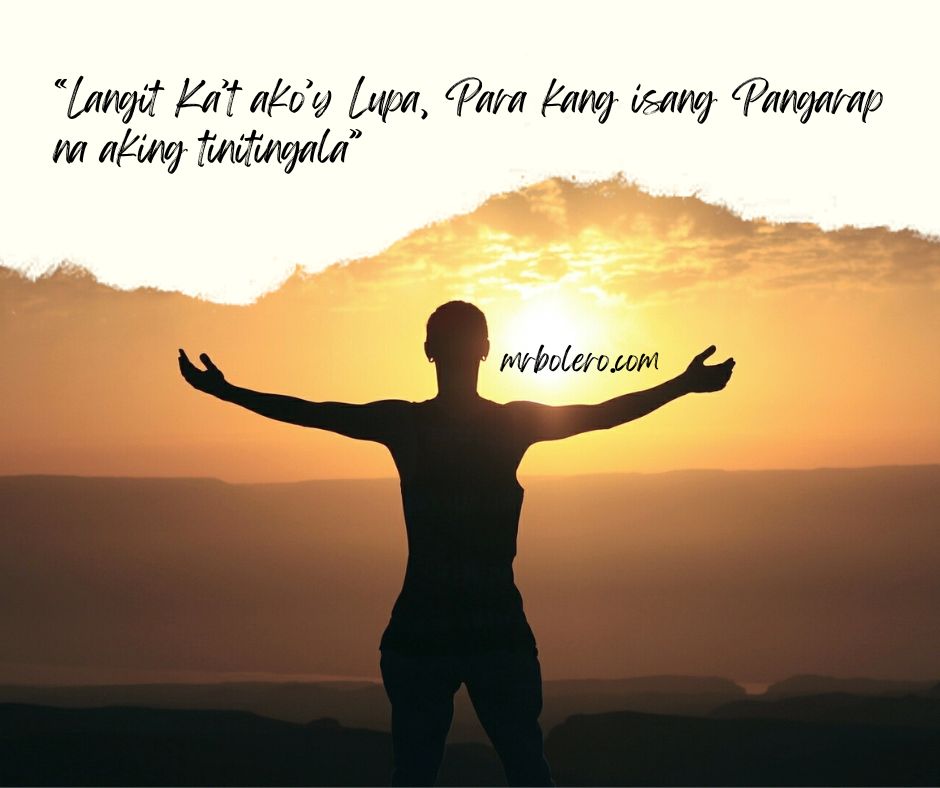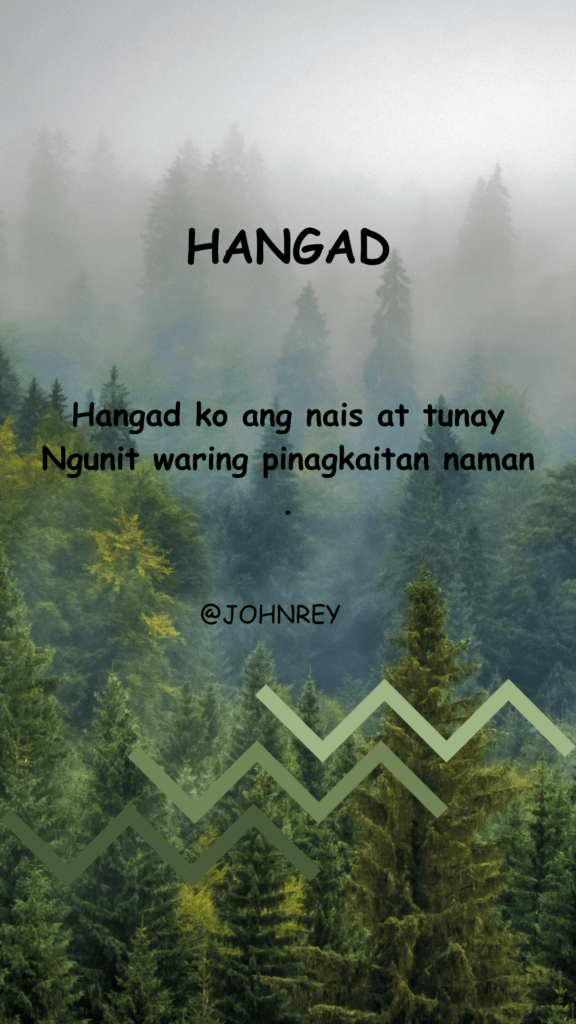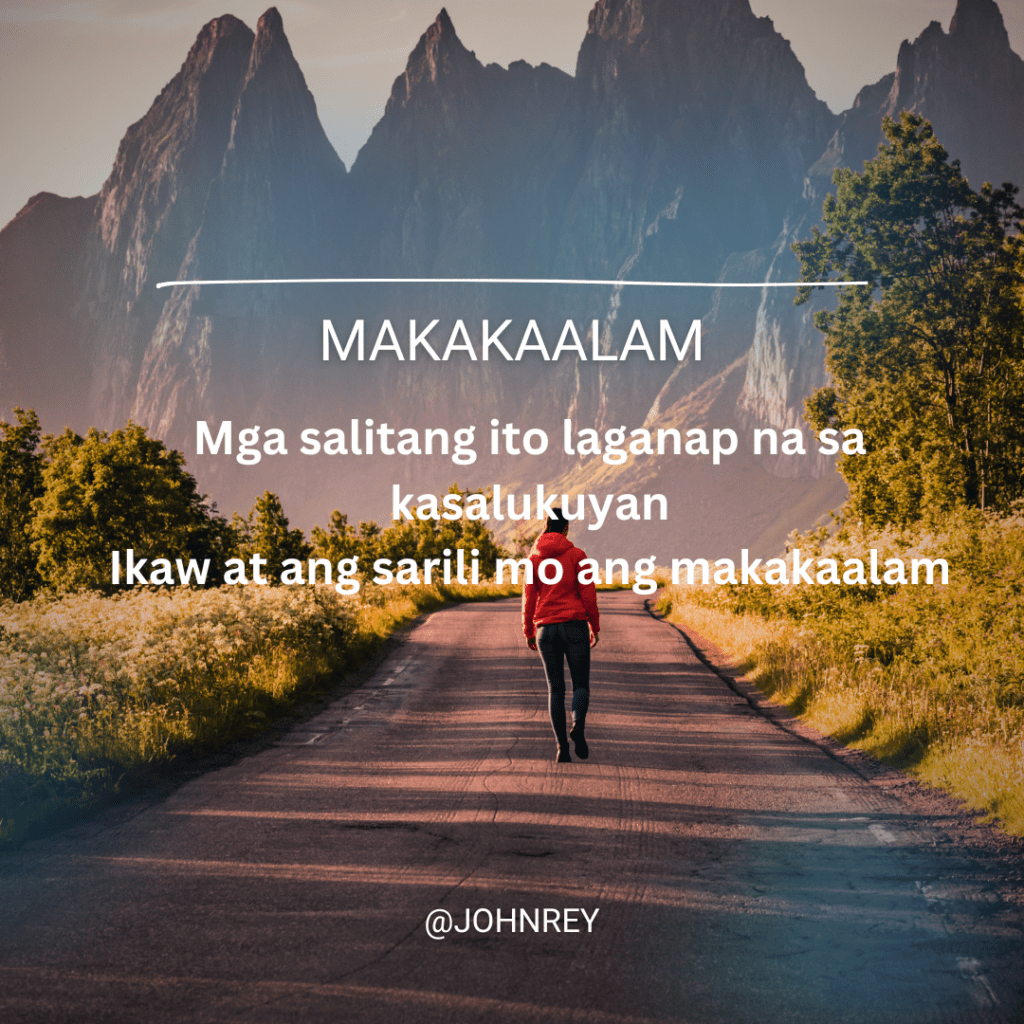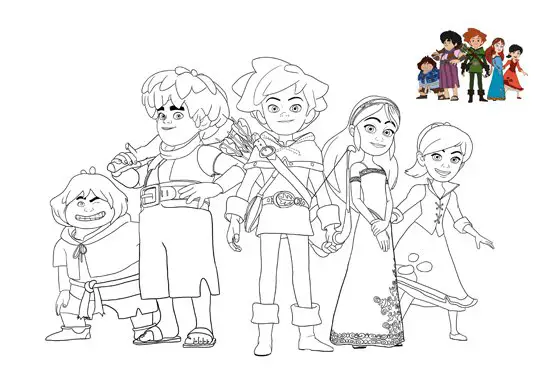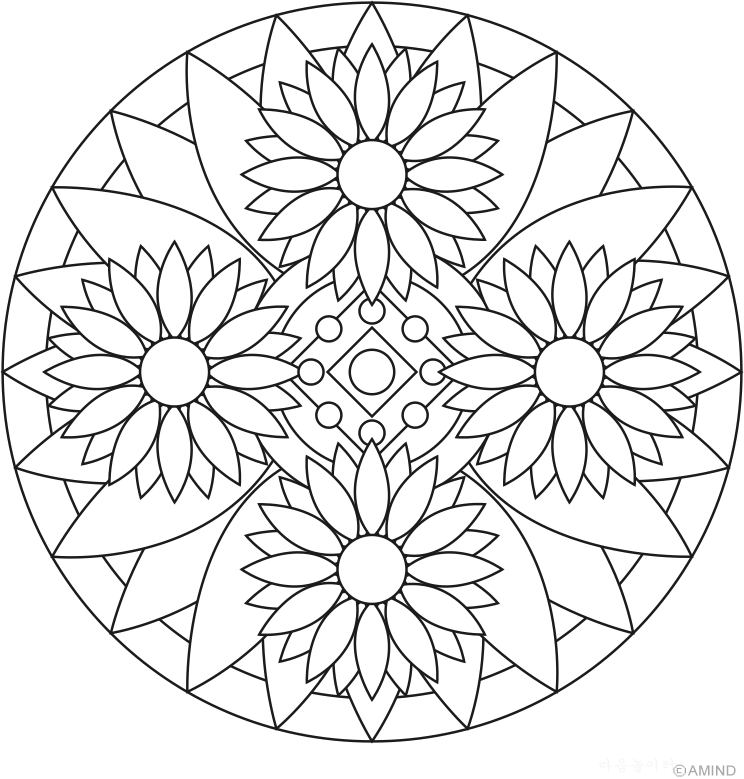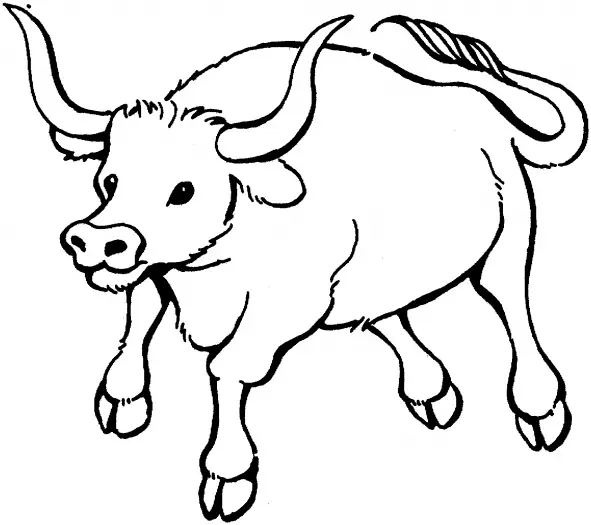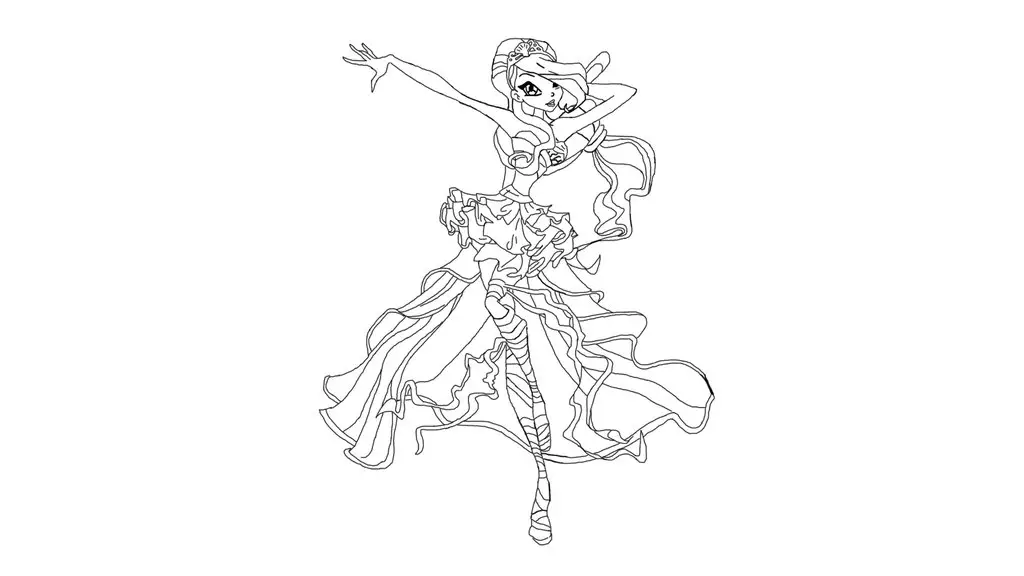Dave Phillips is a main agent of the strong Swiss noise scene. He co-founded the hardcore-extremist group Fear of God in the late eighties and since the early nineties has worked with Rudolf Eb.er (Runzelstirn & Gurgelstøck), Joke Lanz (Sudden Infant), Marc Zeier (G*Park) and Daniel Löwenbrück (Raionbashi) in the group “Schimpfluch”. But mostly he performs solo. We met Dave for coffee in his apartment in the red light district in Zurich. – And we look forward to perform with him with Sonic Traces: From Switzerland at Zürcher Theaterspektakel on Friday 31.8.2012.
Podcast (29’19)
Interview (excerpt)
Norient: How important is music in your life?
Dave Phillips: Creating music, or creating something, is part of my life. I can’t really imagine what it would be without it. Primarily it’s therapeutic, it helps me deal with my environment, it digests my environment, it reacts to my environment, it contributes… it makes me feel useful, not just for myself but for my environment…
Intensity and Musical References
When producing and performing music what are the questions you deal with?
I look for a certain atmosphere, and intensity. I like music with an energy level that grabs my attention, that touches me, stirs me, moves me, that feeds mental images and thoughts, that takes me to places, that is like a cold shower or a slap in the face, something strong or bold. These things are connected to strong emotional responses. The emotional side connects with what surrounds me and what interests me, let’s say politically or socially or environmentally – I make direct connections to these things. I tend to regard music as a political kind of expression, like relating to public affairs, globally or in my direct environment, and personal motivations and beliefs that deal with these things on a daily level, to life and to the individual, and to power. Intensity, energy and atmosphere respond to existential issues.
Click here to view the embedded video.
How do you decide or know that the atmosphere of track is intense enough? When do you know that a track is finished?
I like classical music as much as I like black metal, and partly for similar reasons. I grew up with music. My dad often listened to Ella Fitzgerald, Perry Como, Tony Bennett, Sarah Vaughan, Eartha Kitt, Dinah Washington, Dixieland, New Orleans jazz, swing, but also Stan Freberg, Spike Jones, The Goons…
Click here to view the embedded video.
So I grew up in this kind of household and then as a teen of course I rebelled against it. I did so via metal, hardcore and industrial music. … then i rebelled against my own rebellion and listened to Suzanne Vega next to Extreme Noise Terror. That is where the journey actually began. I started discovering contemporary classical music through horror films. I saw The Shining when I was maybe 12 and I was like ‘wow, what the fuck is this music!’. [laughs] The Shining soundtrack has music by György Ligeti, Béla Bartók, Krzysztof Penderecki, and Wendy Carlos. Those are still my heroes nowadays [laughs]. All this comes together to form my sound aethetics somehow…
[coffee boils]
But what is intensity? the intent? I like an organic sound, be it orchestral or otherwise analog. In my own stuff I use my voice a lot, breathing, mouth sounds. I prefer to construct a drumbeat through hammering on a piece of wood rather than using a drum machine.
Manipulating Sounds and Composing
How do you produce and manipulate your sounds?
99% of the sounds I use are recorded via a microphone. I often manipulate these sounds, sometimes quite substantially. I like to change pitch, play sounds in reverse, till it sounds nothing like the original anymore. I cut sounds into tiny fragments. But it still has this organic quality of something that went through a microphone – as opposed to something that is sequenced or synthesized.
What kind of hardware do you use?
I work with tapes a lot. For example, every time I release a new album I record it onto tape, fast forward and fast rewind that, and record it again. I use that noise as new source material. My sound bank grows organically. I use the free software audacity, a basic program that is very good for clean, hard editing, for pitch-shifting, time-stretching, reversing sounds, which is basically what I do with sounds. I don’t really do much else. I rarely add effects. But I can still spend far too much time on constructing 2 seconds of sound…
So you have a huge database then?
Yeah I guess. The sound bank grows. My favorite sounds I like using in various contexts. Some sounds I use once only. Some sounds I delete. …
Is the sound bank on the computer, or on tapes?
It is on a hard disk. I used to copy everything onto CD’s and tapes, but I started getting too much. I had a massive archive of CD’s. Today, I try to make backups regularly [laughs]
How do you compose? You have these sounds from your voice or from hammering on wood, and now you sit in front of your computer … what happens now.
It depends on the starting point, and what I’m working on. It could be a piece for which the title already exists. This will dictate the kind of sounds I am going to use. With a certain new body of work in mind I will do recording sessions specifically for it, add these new sounds to the sound bank, treat the sounds. Maybe I’ll put a favorite sound at the beginning of the piece – like a kind of signature. Then I form the sound aesthetics into the concept. The process is very complex, and my intentions can shift. For composing I work with the software Logic. I open a new project and spend a lot of time editing and bouncing sounds left and right, and doing various versions until I find a form that I like. Then I start taking away everything that is not essential. This is probably the most difficult and time-consuming part. I can easily spend a month on a five minute piece – not eight hours a day, but three or four sessions a week where I sit focused for two to twelve hours.
Relations between Titles and Music
You said you often start with a title or a concept. Does this lead to sort of a program music? How do you translate titles and concepts on the sound level?
It is very playful. In the process of composing I can completely loose track of the original intention. I shape the sound and the sound shapes me. I get lost in sound. A lot happens unconsciously. At the end I come up with a piece that is very much to my liking, but does not fit into the original idea. I will then give it another title. So, title and music are in loose connections, except for me. I often found it difficult to find titles, until I realized that a title can also be an additional dimension that offers new layers of meaning.
Do you need a project title to start focusing on composing?
It helps. I find it difficult to find the mood and focus to kick start a new piece and project. Things have to be in place. My room has to be be cleaned up for example. A lot of loose ends have to come together so that I feel ready to get into a new piece. Maybe it’s just my neurotic mind or some kinds of psychological barriers that are there without me realizing.
Do you remember some of the last titles you gave to your works?
Well, there is a new album that is in my head for the last six months. I have recorded some raw materials for it, and the working title is “Quirky Remnants of a Primitive Past”. I have ideas about some nasty things that I can do with this title, but it is not ripe yet. The last proper pieces I did were called “I question my reality” and “Threnody to the Victims of Gluttony”. For the latter I was invited to take a part in a compilation about vegetarianism and veganism. I did this track, but ended up getting into political discussions with the guy from the label and realized … well it is a long story… I realized that I don’t really have much in common with his kind of vegetarian propaganda shit and I decided not to participate. But the track was already made – and of course the title is a reference to Krzysztof Penderecki’s “Threnody to the Victims of Hiroshima”. Some sounds in this piece I took from YouTube, from a mass burial of live pigs recorded somewhere in Korea, which is pretty horrible…
Click here to view the embedded video.
So, you use media material too?
Yes. I like to say I use 99% of my own sounds. It is like a code of honor. Actually this means that I don’t sample other music – unless of course it is specified, like in the Spike Jones tribute piece, or in a remix project. And I sometimes take stuff from videos, documentary videos mostly.
Protest and Politics
Let’s go back to titles. You talked about music as protest. In your titles protest and politics are obvious, and in your face. On the sound level it is another story …
Yes, I guess it is much more obvious in the titles. One reason is, the listener does not know the sources of the sounds. I know the sources of the sounds, and I can attach certain meanings to it that no one else even notices.
By source you mean a media sound, you and your voice in a specific situation, a field recording …
Yes. For example I like using water sounds, rain or waves or storms. I have a somewhat weird and sentimental connection to water. Maybe it has to do with our origin of life. I like its chaotic structure on the micro level. It has strong references to life. Things repeat themselves but never in the same way. I can attach a very clear meaning to a little bit of water that runs somewhere in the back of a track. It can shift the meaning of this track into a direction which probably no one will hear expect for me. I think the intention of the musician is not to be underestimated – this goes in a different direction now, but I believe in certain shamanist qualities of performed music. Albert Ayler said that “Music is the Healing Force of the Universe”, and released an album under that title.
Click here to view the embedded video.
Click here to view the embedded video.
I see my live performances as something cathartic, and related to exorcisms. They have liberating effects, and certain therapeutic qualities. So when we come back to a specific sound that is placed somewhere in a piece, that maybe even no one really notices except for the composer, then I tend to think that the intention might have an effect. But I don¨t know this. It is just a theory. Music can touch somebody in a way that could possibly be the musician’s intention – without attaching obvious meaning to it.
Is Protest a crucial part of your music?
You know, the more I grow with my music, the less clear the idea is of how exactly to define it. What I do or not do depends on the context really. Different situations ask for different responses. What I would do or not do. The word protest in itself is maybe too limiting. I prefer “to contribute”. Then I would theorize about the role of the artist – even though I don’t like the word artist. The role of the artist within a society is to ask questions, to push boundaries and in that way to contribute to society as a whole, to make it grow. People need art, they need culture, they need this exposure, to distract, dispute, to inspire, but also to relax. Art has many different meanings and functions, but the role of the artist is a powerful one. Ultimately he contributes by using his voice and speaking his mind ideally about what he thinks is important. That wish to contribute to a society is what for me makes protest happen. To use my position and to take a stand, in a constructive way, to display or share an opinion, not necessarily to tell people, but to trigger something, to inspire, engage. Now, abstract music, maybe that’s already a form of protest because of its nature, because it celebrates or reinforces a certain liberation from canons, and from form. However, I have always regarded this as not radical enough, which is why I always brought in the polemical, the political, the intellectual and the directly outspoken level in addition.
Click here to view the embedded video.
You perform live a lot, and around the world. How different are reactions and understandings to your performances and music in different places and settings?
I have played in places where the audience said they haven’t even remotely seen anything like this. So, I know that I touch people in a lot of ways, and I think that this is good. In Israel I remember having strong discussions about the strength of the visual material as opposed to the strength of the text material… some people told me the visual elements are so overwhelming that you can’t pay attention to the text properly. According to them the result is easily misunderstood
Can you explain this? Was there a main message in this specific performance?
No, there isn’t necessarily one clear message. Basically I try to pack my view of the human world, of human life, my criticisms, my comments, my hopes, my thoughts and ideas into a 20-minute performance. I ask a lot of existential questions, and I link the discussion in context with what humans do to animals. I refer to what humans do to each other and I talk about personal responsibility and honesty, empathy, intervention. I ask to use your mind and your voice. I try appeal to what I call the human potential. We have amazing gifts and skills and talents and ideas, but we don’t really know where to put them. We are still stuck in medieval superstitious beliefs like religions, we are very infatuated with material things, we have blind faith in technology, we mistake more, better, faster, cheaper for something that makes life better. We are often still trapped in dualistic thinking patterns. We have established a work and value system that has become a rat race, a snake that eats its own tail. A lot of social behaviourisms have appointed arrangements that seem straitjackets to a certain inherent freedom, a freedom to be human, to be curious, to explore… and not have others do the job for you… These things have to be questioned first and translated into the now. And many of these things have to be left behind, that’s my basic kind of message. We should concern ourselves with what really matters… with things that are here and now and with the ability to look ahead, as opposed to the prevalent short-term thinking and selfishness disguised as cool… we should concern ourselves with our environment, for example, and with social issues… why all this science fiction and escapist arts when there’s so much life on this planet yet to be understood… We take our planet for granted and don’t know that much, but act as if we do. We should kind of take care of each other rather than just only go for short-term gratification and more gadgets. I am part of this whole system as well, you know I’m not excluding myself in any way. Quite some text I use in the video also stems from self-critical analysis. So basically with this performance I try to say this: Let’s re-evaluate things, change things that will do us, our surroundings, this planet and human dignity justice.
You are an artist and performer, and you are a human being. Where are the two equal, where do you separate between the two?
I cannot separate the two. My life is my work and vice-versa. Everything I get involved in will somehow influence my music. If I’m in a new new relationship this will influence my music. I will make recordings with that person. I find it hard to separate life and music. I don’t create a stage persona.
Sonic Traces: From Switzerland
Norient spoke to Dave Phillips in the context of the project Sonic Traces: From Switzerland.




